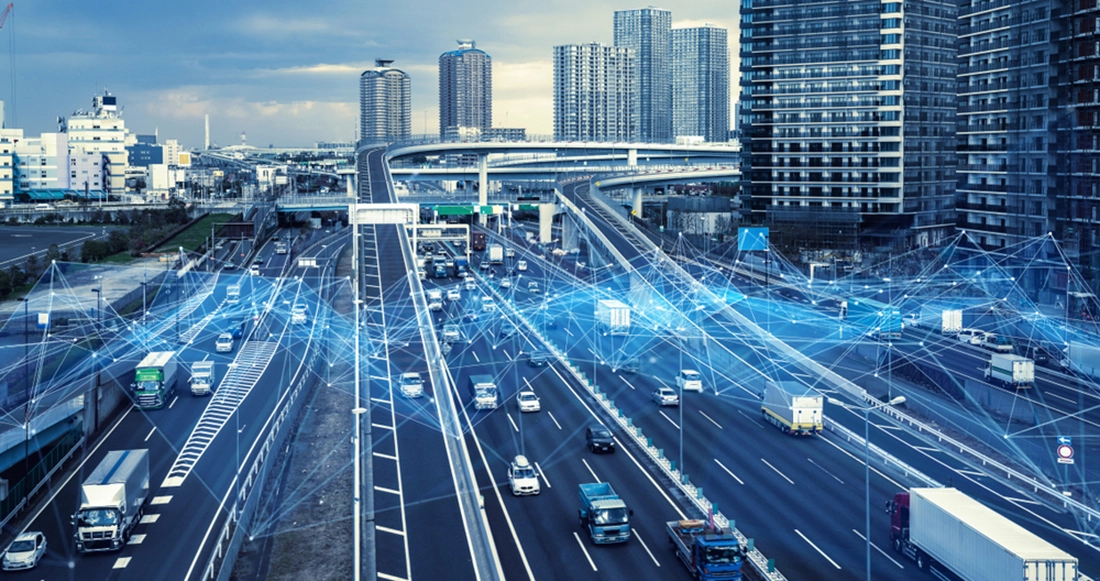Artificial Intelligence (AI) is transforming various industries, and the mobility sector is no exception. From autonomous vehicles to smart traffic management systems, AI is reshaping how we move, commute, and travel. This article explores the profound impact of AI on mobility, highlighting key advancements, benefits, challenges, and future prospects.
Autonomous Vehicles: The Future of Transportation
One of the most significant impacts of AI on mobility is the development of autonomous vehicles (AVs). These self-driving cars leverage AI algorithms, sensors, and machine learning to navigate roads without human intervention. Companies like Tesla, Waymo, and Uber are at the forefront of this technological revolution.
Enhanced Safety: AI-driven AVs have the potential to drastically reduce road accidents caused by human error. With advanced sensors and real-time data processing, these vehicles can react faster to changing conditions, improving overall road safety.
Increased Efficiency: Autonomous vehicles can optimize routes, reduce traffic congestion, and improve fuel efficiency. AI algorithms analyze traffic patterns and suggest the most efficient paths, leading to smoother and quicker journeys.
Accessibility: AVs promise to enhance mobility for individuals with disabilities and the elderly, offering greater independence and access to transportation.
Smart Traffic Management: Reducing Congestion and Emissions
AI-powered traffic management systems are revolutionizing urban mobility. By analysing vast amounts of data from various sources, including traffic cameras, sensors, and GPS devices, AI can optimize traffic flow and reduce congestion.
Real-Time Traffic Control: AI systems can adjust traffic signals in real-time based on current traffic conditions, minimizing wait times and improving traffic flow.
Predictive Analysis: By predicting traffic patterns and potential bottlenecks, AI can help city planners and traffic authorities implement proactive measures to prevent congestion.
Environmental Benefits: Efficient traffic management reduces idling time and fuel consumption, leading to lower greenhouse gas emissions and a smaller carbon footprint.
Ride-Sharing and Mobility-as-a-Service (MaaS)
The rise of AI has also given birth to new business models like ride-sharing and Mobility-as-a-Service (MaaS). Companies like Ola, Uber, Lyft, and Didi utilize AI to connect passengers with drivers, optimizing routes and pricing.
Dynamic Pricing: AI algorithms determine ride prices based on demand, distance, and other factors, ensuring fair pricing for both drivers and passengers.
Route Optimization: AI enables ride-sharing services to offer efficient, cost-effective routes by pooling multiple passengers heading in the same direction.
Personalized Services: AI helps in understanding user preferences, offering personalized ride experiences, and suggesting relevant mobility options.
Some Indian startups in this domain are Hail, BluSmart and Drife Technologies.
Challenges and Ethical Considerations
While the impact of AI on mobility is overwhelmingly positive, it also presents several challenges and ethical considerations.
Data Privacy: The extensive use of data in AI-driven mobility solutions raises concerns about privacy and data security. Ensuring robust data protection measures is crucial.
Job Displacement: The automation of driving tasks may lead to job displacement for professional drivers. Addressing the socio-economic impact of this transition is essential.
Regulation and Safety: Developing comprehensive regulations to govern AI-driven mobility is critical to ensure safety, liability, and ethical use of technology.
The Road Ahead: Future Prospects
The future of AI in mobility looks promising, with continued advancements and innovations on the horizon.
Integration with Smart Cities: AI-driven mobility solutions will integrate seamlessly with smart city infrastructures, enhancing urban living and sustainability.
Electric and Autonomous Fleets: The convergence of AI and electric vehicle technology will lead to eco-friendly, autonomous fleets, reducing our dependence on fossil fuels.
Hyperloop and Beyond: AI will play a vital role in developing futuristic transportation systems like the Hyperloop, promising ultra-fast, efficient travel.
Conclusion
AI is undeniably transforming the mobility sector, offering unprecedented opportunities for safer, more efficient, and accessible transportation. As we navigate this technological evolution, it is crucial to address the accompanying challenges and ethical considerations to ensure a future where AI-driven mobility benefits all of society.
The journey towards an AI-powered mobility future is just beginning, and the possibilities are limitless.
















Hi, I’m Jack. Your blog is a treasure trove of valuable insights, and I’ve made it a point to visit daily. Kudos on creating such an amazing resource!